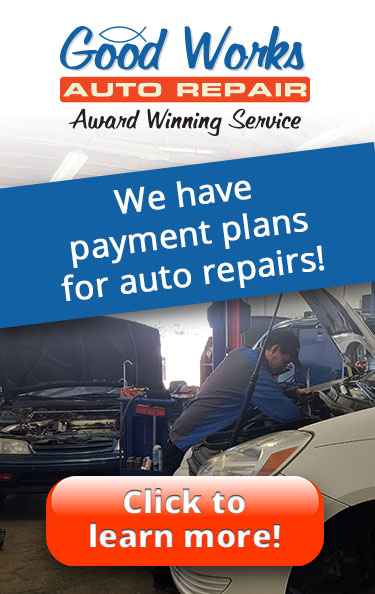Having the proper air pressure in your tires is a crucial part of ensuring the safety of yourself, your passengers, and others on the road. After your brakes, your tires are the next most important safety feature of your vehicle. It is important to be sure to have your tire pressure checked during all preventative maintenance services on a monthly basis. Incorrect tire pressure will compromise cornering, braking and stability. And in the worst-case scenario, improper tire pressure can lead to tire failure — and a serious accident. Incorrect tire pressure also will affect your comfort, fuel economy and tire life.
If tire pressure is too high, then less of the tire touches the ground. This means your car will bounce around on the road. And when your tires are bouncing instead of firmly planted on the road, traction suffers and so do your stopping distances. You’ll also feel a decrease in ride comfort. If tire pressure is too low, then too much of the tire’s surface area touches the ground, which increases friction between the road and the tire. As a result, not only will your tires wear prematurely, but they also could overheat. Overheating can lead to tread separation which could also lead to a serious accident. One sign of low tire pressure is if your tires squeal when cornering.
You need to check your tire pressure even if your tires aren’t leaking. Why? Because tire pressure also changes with the temperature outside. Preventative maintenance saves lives – or accidents, repairs, or excess wear at the very least. Have you ever checked your own tire pressure? Here is a mistake many people make: don’t rely on the pressure listed on the tires themselves, that’s actually the wrong place to look. The number on the tire is the maximum allowable air pressure — not the recommended pressure for that tire when used on your particular vehicle. Go to your car’s owner’s manual.
Even if you have no known problems with your tires, check your vehicle’s tire pressure seasonally or before you head off on a road trip. When you bring your car in for service or preventative maintenance, ask your mechanic to check the tire pressure, although most auto repair shops will do this as part of their courtesy check. Your tire pressure monitoring system warning light goes off when a tire is 25 percent under inflated. If your recommended pressure is 32 psi, 25 percent below means you are at 24 psi; which is severely under inflated. At that low pressure, your safety is at risk, your fuel economy is hurt, and your tire is wearing out too fast. Get your pressure checked each month by a trusted repair shop and stay safe.
Schedule My Appointment Now!
